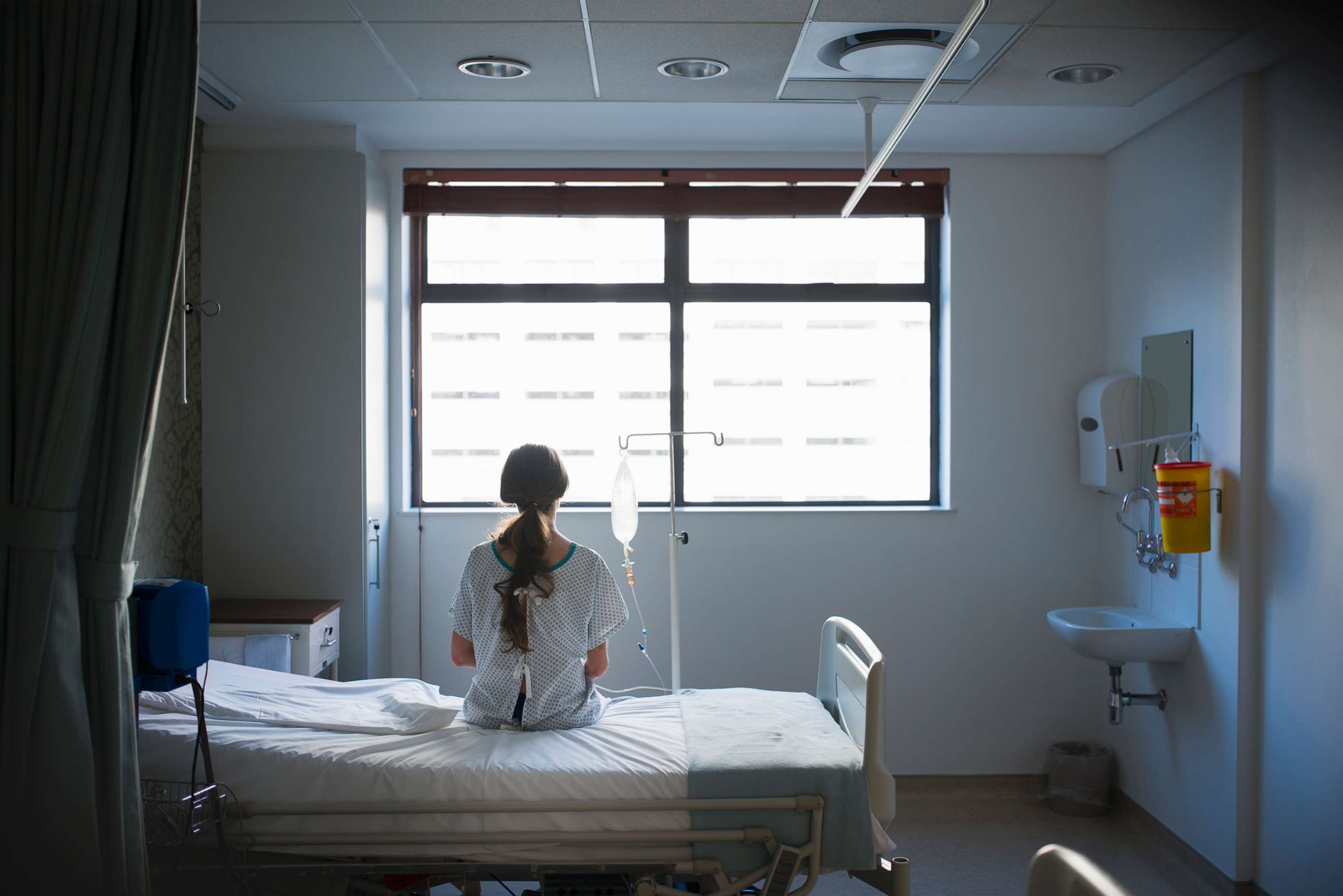Physician burnout, depression can lead to major medical errors: Study

Does your doctor’s mental health and well-being affect the care you receive? A new study says yes -- burnout, fatigue and depression may affect major medical errors.
Medical errors contribute to an estimated 100,000 to 200,000 deaths per year, according to the Institute of Medicine. Burnout -- defined as emotional exhaustion or depersonalization -- occurs in more than half of doctors, according to the study.
Researchers surveyed physicians across the country to understand the relationship between burnout and major medical errors in their careers.
Their findings, published in Mayo Clinic Proceedings, suggest burnout, by itself, plays a large role in errors. Other independent factors affecting errors include the perceived safety of the workplace, physician fatigue and physician mental health.
Researchers at Stanford University School of Medicine anonymously surveyed more than 6,600 physicians in active practice. They were asked to fill out standardized questionnaires looking at their levels of burnout, well-being, fatigue and symptoms of depression. In addition, the doctors were asked to grade the safety of their workplace and comment on any major medical errors they may have made.

Just over 10 percent of doctors reported making a major medical error in the three months before the survey, with about 1 in 20 of these errors being fatal. The most common mistakes were “errors in judgment,” followed by incorrect diagnosis and technical errors. Radiologists, neurosurgeons and emergency room doctors reported the most errors while pediatrics, psychiatrists and anesthesiologists reported the fewest.
Fifty-five percent of doctors reported symptoms of burnout, 33 percent had high levels of fatigue, and 6.5 percent had thoughts of killing themselves in the last year. According to the study, doctors have 3 to 5 times the suicide rate of the general public.
Medical errors are more than twice as likely if a doctor has signs of burnout, and 38 percent more likely if they have signs of fatigue. This was consistent even in workplaces with different safety levels.
“A physician with burnout in a work unit with a safety grade of A has similar rates of error as a non-burnout physician in a unit with safety-grades much lower,” lead author, Dr. Daniel Tawfik, MD, MS instructor of pediatrics and critical care at Stanford University, told to ABC News.

He further explained that the number of errors reported seemed directly related to the level of burnout.
“We looked at burnout on a scale. Even with one point changes on the scale, we could detect increased likelihood in reporting medical errors," he said. "It’s not just doctors on the extremes accounting for all of the errors.”
The study also looked at symptoms of depression, including thoughts of suicide. Doctors reporting medical errors are more than twice as likely to have had thoughts of suicide in the last year -- 13 percent compared to 6 percent. Whether depression leads to medical errors or medical errors leads to symptoms of depression is still unclear, but it seems to go in both directions.
“It appears burnout causes errors, and that errors cause burnout. Errors can certainly lead to physician depression,” explained Dr. Tawfik.
So is there any hope to use this information to help patients receive better care -- and help doctors as well?
“Largely, the great part of this problem has to do with the complexity of the U.S. healthcare system,” Dr. Jonathan Ripp, senior associate dean for Well-Being and Resilience at Mount Sinai Hospital and chief wellness officer of the Mount Sinai Health System in New York City, told ABC News.
Mount Sinai Health System is one of a handful of hospitals that have named a “wellness officer” in charge of tackling physician burnout.

Paperwork and electronic issues add to doctors' stress, too, Ripp said. Systems issues include “inefficiencies of the electronic health record, complexities of documentation requirements mandated by CMS, and responsibility placed on the physician to complete tasks that are better achieved by team-based care," Ripp said.
"For every one hour a clinician spends with a patient," he added, "they spend two hours with documentation or desk work.”
Many hospitals now have physician wellness programs, which focus on remedies like mindfulness. While helpful, these solutions can act like a “Band-Aid” when there are larger systems issues at play, Ripp added.
“We need to manage expectations, and this takes time," he said. "By making system and individual level changes, the result should be greater meaning derived from work and less burnout.”
The researchers hope to study what can be done to solve this problem as a follow-up. They are starting to evaluate resiliency tools that can be used for doctors, and are trying to better understand the organizational causes of burnout.
Dr. Michael MacIntyre, M.D., is a psychiatry resident working in the ABC News Medical Unit.



